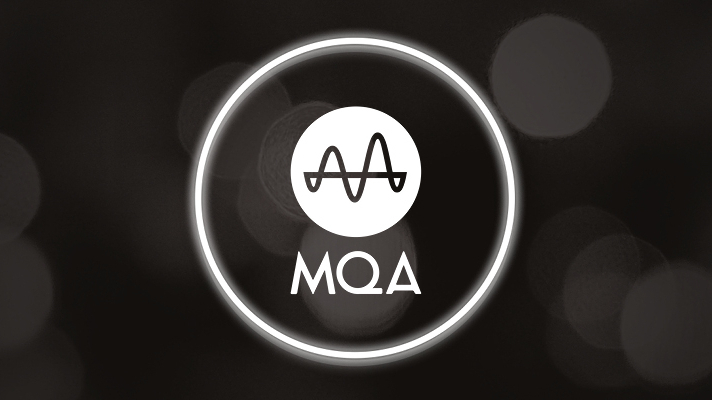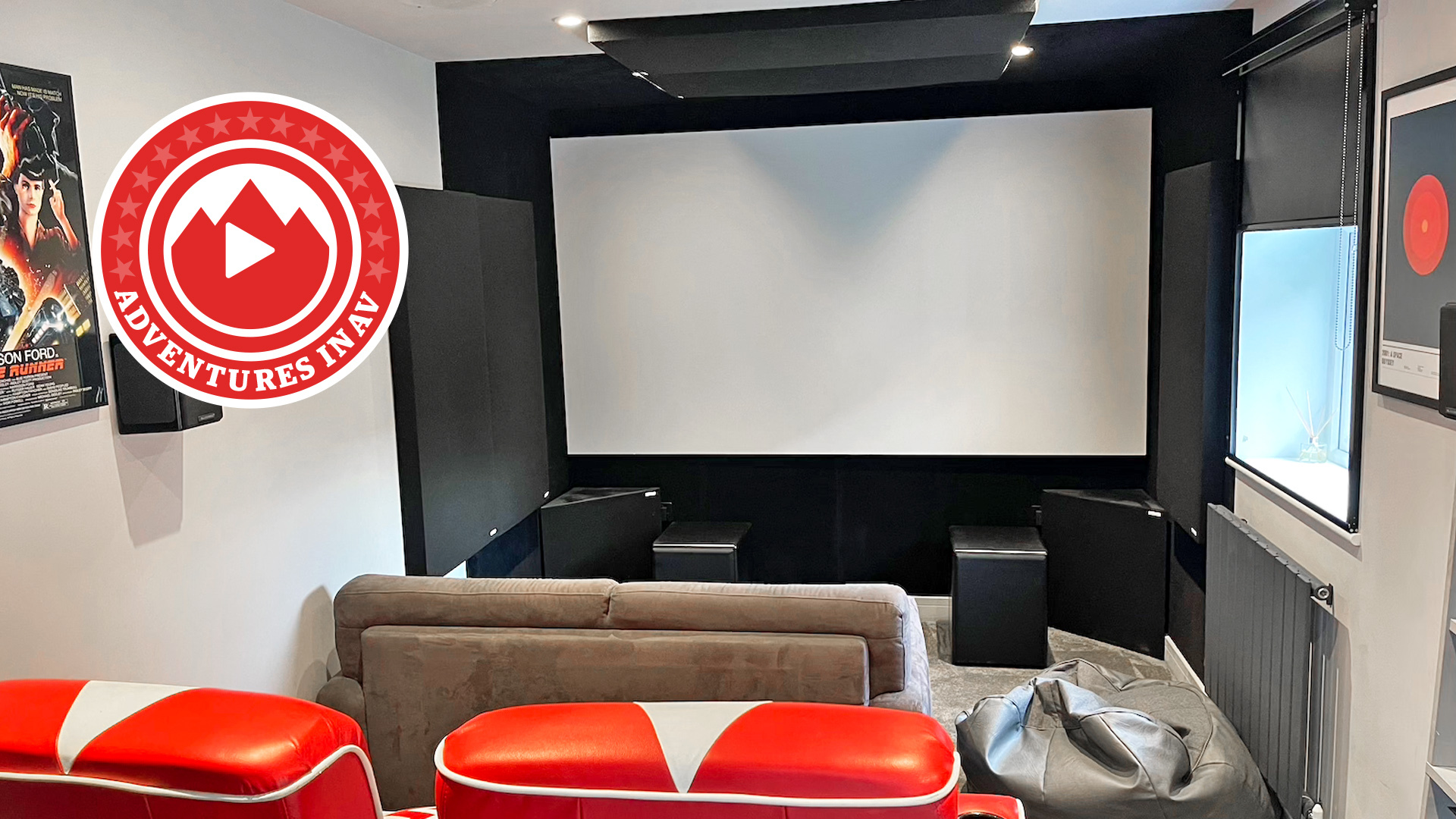MQA hi-res audio has been saved by one of hi-fi's big hitters
And it's hard to think of a better outcome for SCL6

The latest hi-fi, home cinema and tech news, reviews, buying advice and deals, direct to your inbox.
You are now subscribed
Your newsletter sign-up was successful
MQA has been saved. The hi-res firm went into administration earlier this year, but now it's been bought by Canadian firm Lenbrook, which also owns Bluesound, NAD and PSB.
UK-based MQA created two audio codecs: MQA and SCL6. Both provide better quality sound over wireless Bluetooth.
What's next for MQA remains unclear, but Lenbrook hints that it will be business as usual.
"Lenbrook's vision is of a thriving hi-fi industry where technologies that promote both consumer choice and the pursuit of the highest sound quality are deserving of investment and nurture," Gordon Simmonds, Lenbrook's chief executive officer, said in a press release.
"We view this acquisition as an opportunity to ensure the technologies developed by the scientists and engineers at MQA continue to serve the industry's interests rather than be confined to any single brand or company."
MQA has over 120 licensees (including Tidal courtesy of its Tidal Masters selection) and several content partnerships. Lenbrook claims its primary objective was "to provide certainty for business and technical developments that were underway prior to MQA's administration".
The company is retaining "a core group" of MQA staff including engineers, developers and those in sales and marketing.
The latest hi-fi, home cinema and tech news, reviews, buying advice and deals, direct to your inbox.
Previously we had theorised Apple could be a good home for MQA. However, as owner of the hi-res BluOS platform – one of the best Sonos alternatives – Lenbrook looks well-placed to help MQA thrive. Let's hope it does just that.
MORE:
Apple could supercharge its hi-fi offering with one simple step – and it involves MQA
Not convinced by Tidal? Here’s all of the hi-res services compared
Check out our first impressions of SCL6
Joe has been writing about tech for 20 years, first on staff at T3 magazine, then in a freelance capacity for Stuff, The Sunday Times Travel Magazine (now defunct), Men's Health, GQ, The Mirror, Trusted Reviews, TechRadar and many more. His specialities include all things mobile, headphones and speakers that he can't justifying spending money on.

